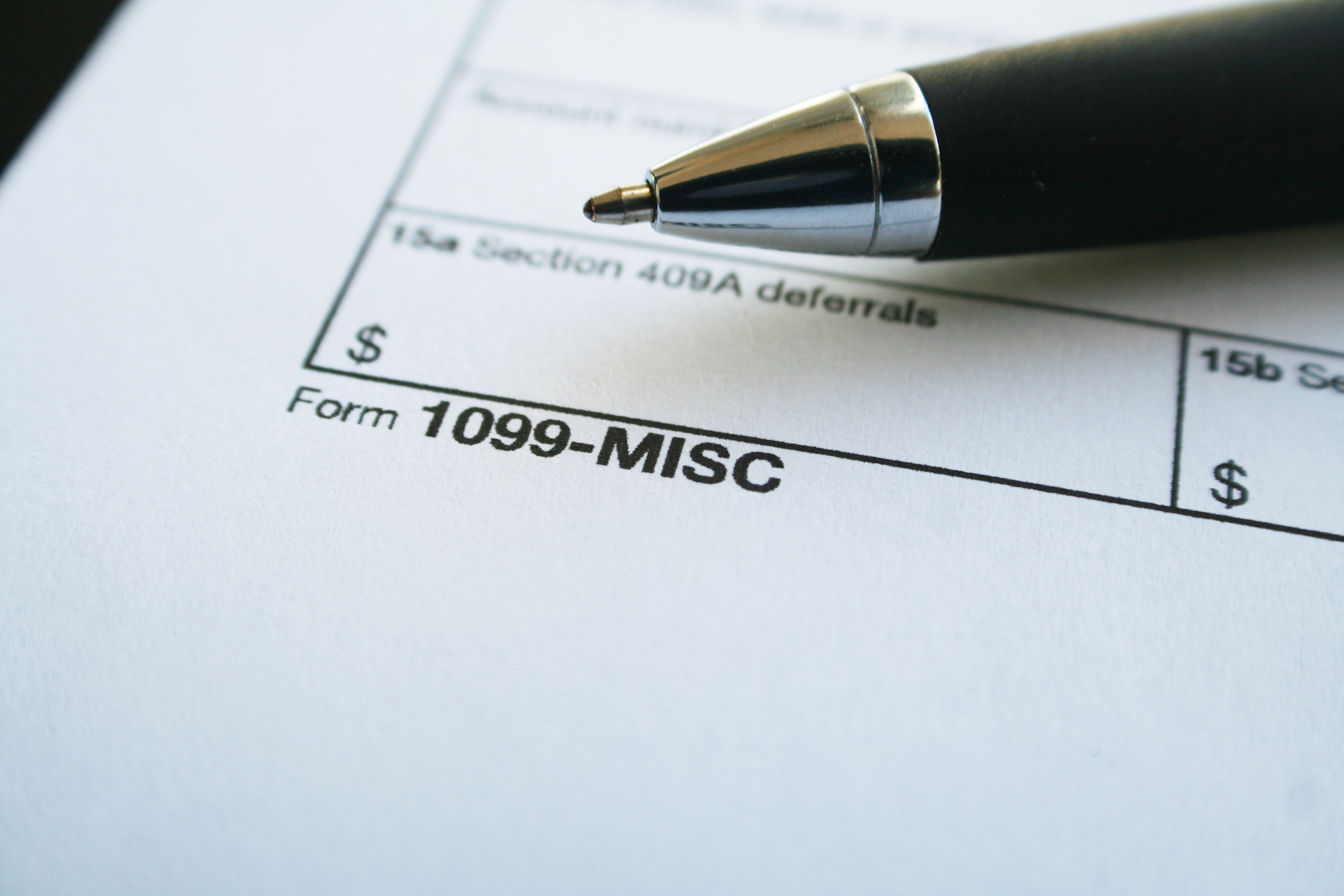
By alphacardprocess March 2, 2022
An IRS 1099 form is a tax form used to report various types of income. There are several different versions of the 1099 form, each used to report a specific type of income. For example, the 1099-MISC form is used to report income from self-employment or freelance work, while the 1099-DIV form is used to report dividends and interest income.
The 1099 form is important because it helps the IRS track various types of income, which can be used to calculate your tax liability. It’s important to file a 1099 form for any type of income you receive that isn’t reported on your regular tax return.
If you receive a 1099 form, it’s important to review the information reported on the form and make sure it’s accurate. If you notice any errors, be sure to contact the issuer of the 1099 form to have them corrected.
The 1099 form is also used to report certain types of payments made to independent contractors. For example, if you pay an independent contractor $600 or more during the year, you must file a 1099-MISC form to report the payment.
The IRS provides detailed instructions on how to fill out each version of the 1099 form. It’s important to carefully follow these instructions to ensure that your form is filled out correctly. You can find all of the instructions on the IRS website.
The 1099 form is an important tool for the IRS, and it’s important to understand its purpose and how to properly fill it out. If you have any questions about the 1099 form or need help filling it out, be sure to contact the IRS or a qualified tax professional.
Who Gets a IRS 1099 form?
There are a variety of people and entities that may receive a 1099 form from the IRS. The most common recipients of 1099 forms are individuals who have received income from self-employment or freelance work, or from dividends and interest payments.
Businesses may also receive 1099 forms if they’ve made payments to independent contractors totaling $600 or more during the year. And finally, the IRS may send 1099 forms to certain government entities, such as the state unemployment office.
What if I Lost my 1099?
If you’ve lost your 1099 form, don’t worry – you can still file your taxes. You’ll just need to track down the information from the form manually. The IRS provides detailed instructions on how to do this on their website.
What if There are Errors on my 1099?
If you notice any errors on your 1099 form, be sure to contact the issuer of the form to have them corrected. It’s important to take care when reviewing and correcting 1099 information, as any mistakes can lead to fines and penalties from the IRS.
How do I report 1099 income on my Tax Return?
The way you report 1099 income on your tax return depends on the type of 1099 form you receive. For example, if you receive a 1099-MISC form, you’ll report the income on Schedule C of your tax return. If you receive a 1099-DIV form, you’ll report the income on line 8a of your Form 1040 tax return.
The IRS provides detailed instructions on how to report 1099 income on your tax return. Be sure to review these instructions carefully to ensure that you’re reporting the income correctly.
What if I Didn’t Receive a 1099?
If you didn’t receive a 1099 form, it doesn’t mean that you don’t have to report the income on your tax return. You’ll just need to track down the information from other sources. For example, if you received self-employment income, you’ll need to track down records of your income and expenses.
